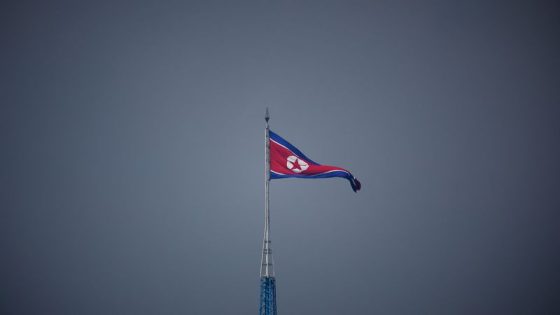In a ruling on February 27, 2025, a London High Court determined that two parents acted in their son’s best interest when they tricked him into traveling to Ghana. The 14-year-old boy, who was born in Britain, argued that his educational and social conditions worsened after being placed in a strict boarding school in his parents’ home country.
- Parents feared son was involved in gang.
- Boy was tricked into traveling to Ghana.
- Judge ruled parents acted in his best interest.
- Case highlights immigrant parents' concerns.
- Father worried about knife crime in London.
- Judge criticized tactics but acknowledged risks.
The case highlights the extreme measures some immigrant parents may take to protect their children from perceived dangers in their home country. The boy’s father expressed fears that his son could become a victim of knife crime, a growing concern in London. This fear is particularly relevant for Black teenagers, as highlighted by the father’s statement regarding the risk of his son becoming “yet another Black teenager stabbed to death in the streets of London.”
Despite the judge’s criticism of the parents’ deceptive tactics, he recognized that the boy faced greater risks in Britain than in Ghana. The ruling reflects a broader societal issue, as immigrant families navigate the challenges of raising children in environments where they feel unsafe. The boy’s legal challenge underscores the complexities of parental authority and the lengths to which families might go to ensure their children’s safety.
In recent years, knife crime has surged in London, prompting heightened anxiety among parents. Statistics indicate a notable rise in violent incidents, leading to increased scrutiny of youth safety. The court’s decision may set a precedent for similar cases where parents take drastic measures for their children’s well-being, raising questions about the balance between parental rights and a child’s autonomy.
This case illustrates the difficult choices parents face when they perceive their children are at risk. The ruling serves as a reminder of the ongoing challenges related to youth safety and the complexities of parental decision-making in a changing world.

































